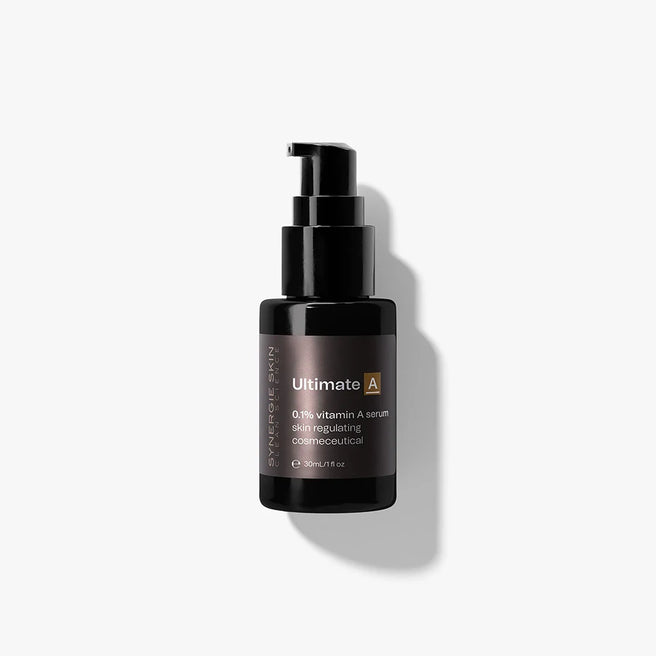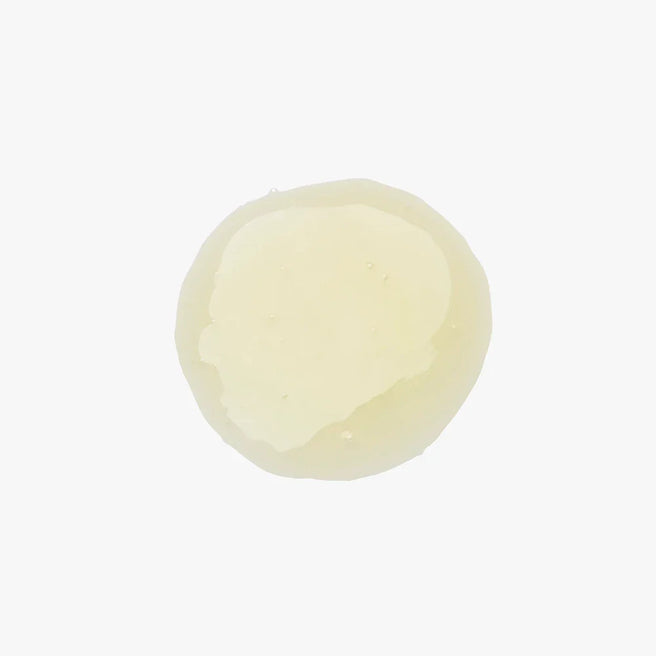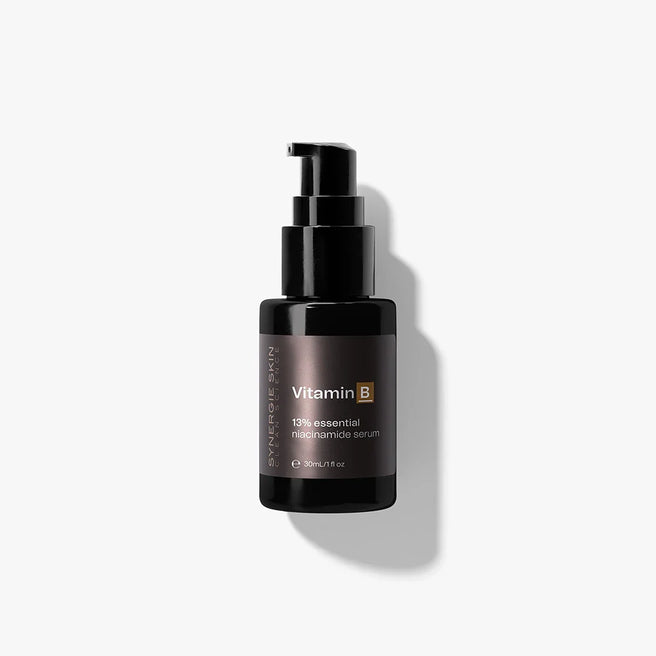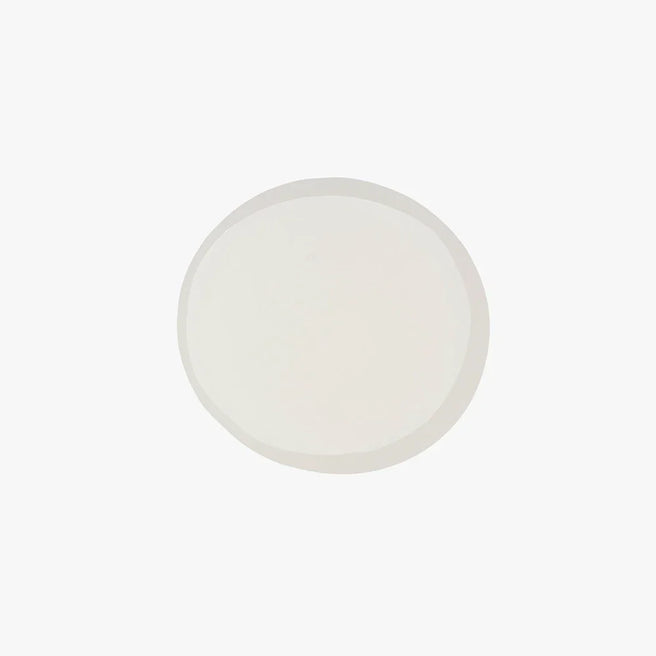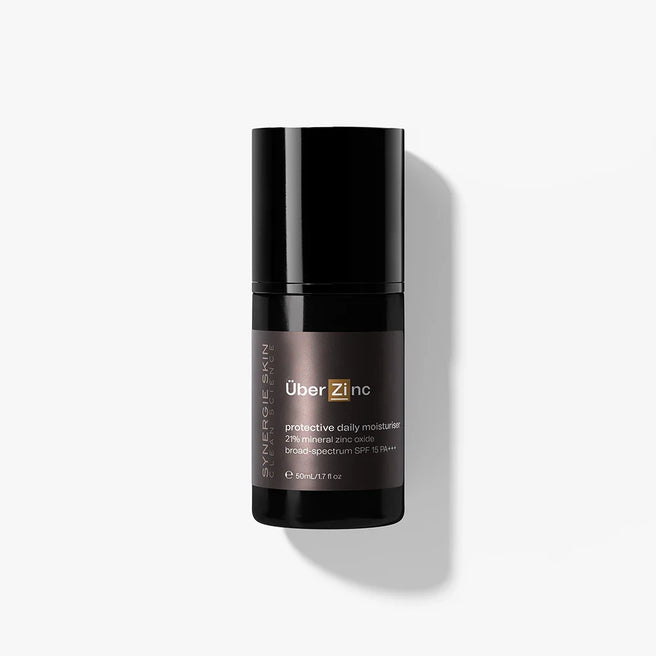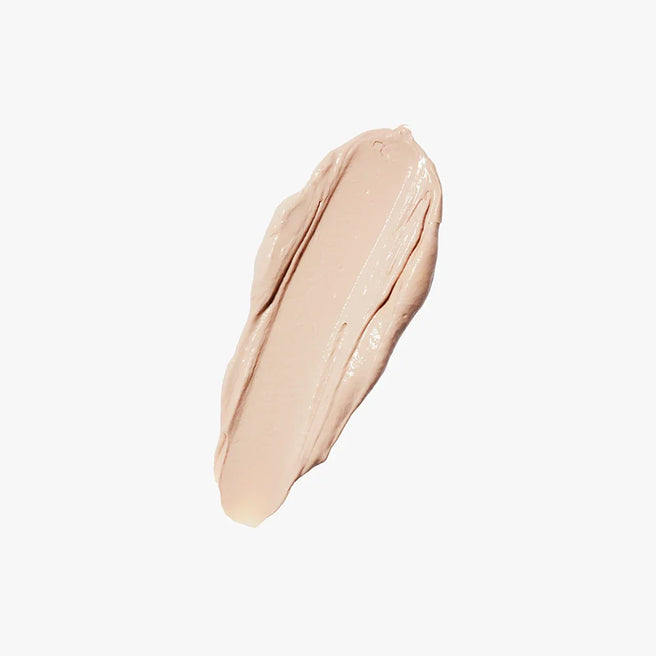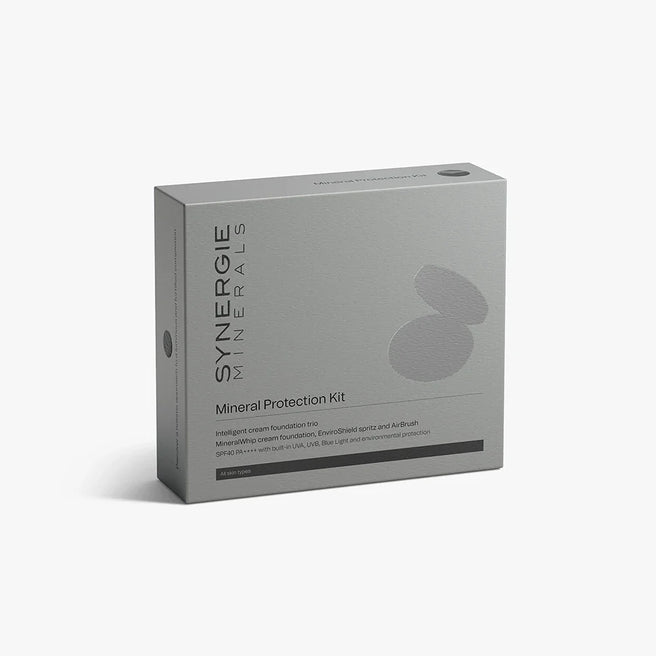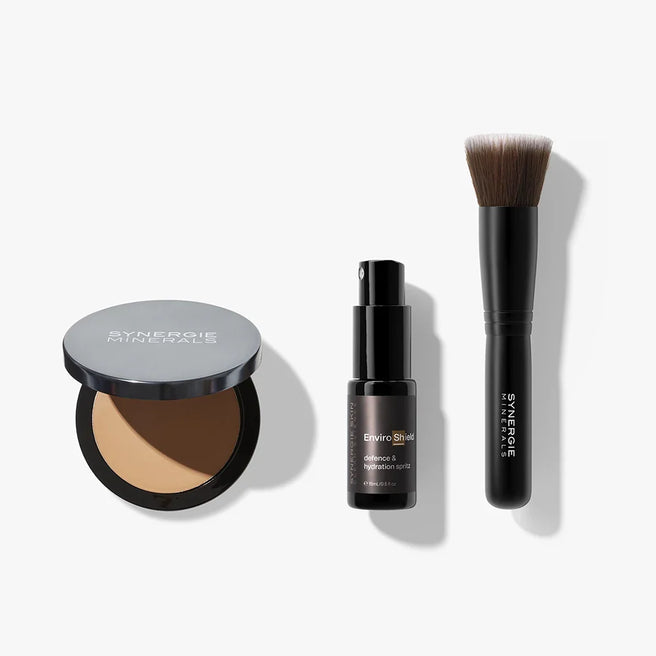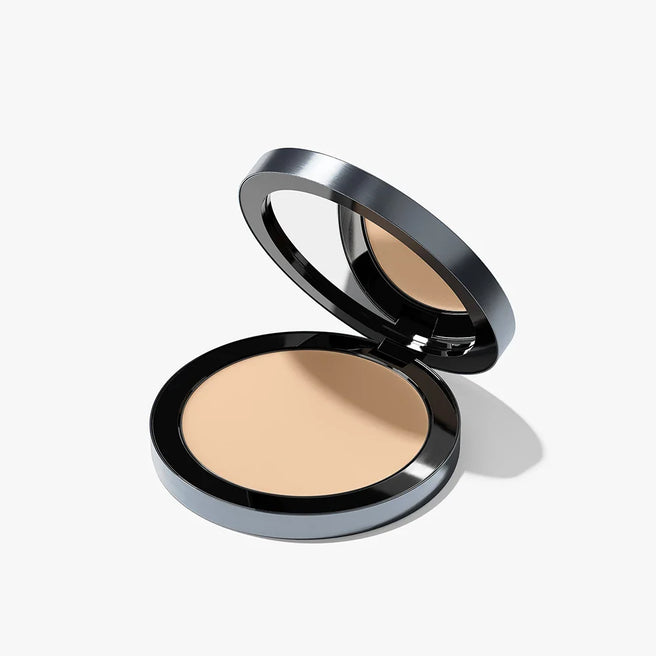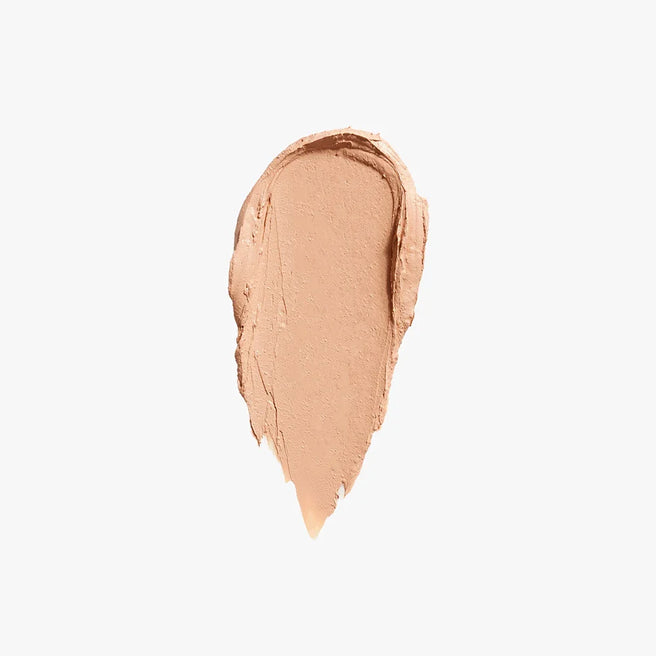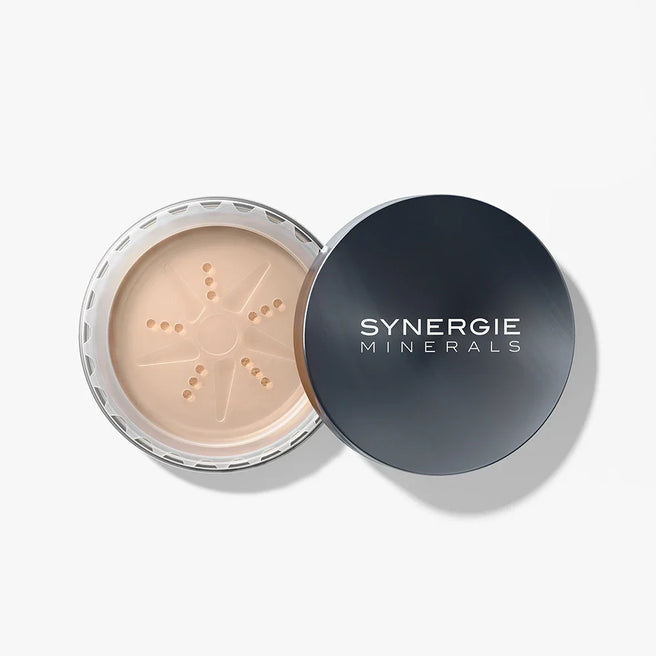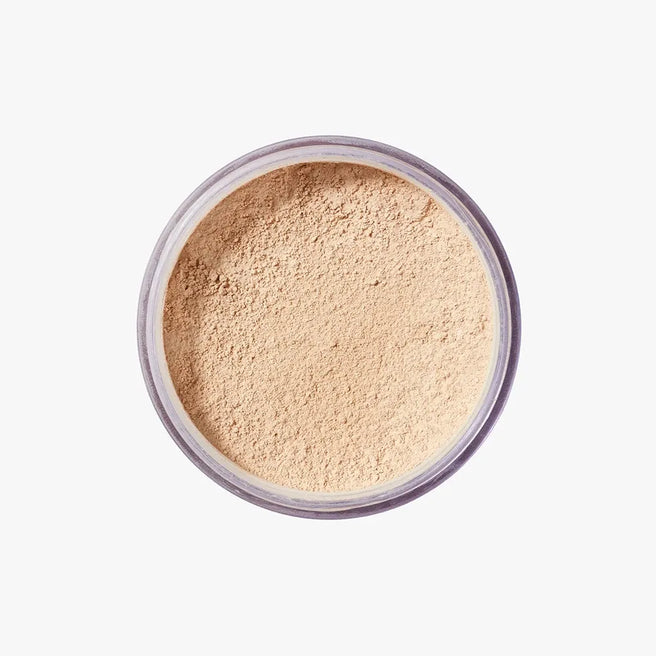We are all aware of the impact diet has on your skin, but some foods can actually be directly damaging to your skin

Here is a brief overview on my dietary ‘no-no’ list:
Sugar
When you consume too much sugar, it becomes attached to the collagen in your skin, which develops into a process called ‘glycation’. Glycation leads to stiff, inflexible skin. If you lose the elasticity and flexibility in your skin, your wrinkles become deep increasing the ageing process rapidly. It is also known that the older you are, the less sugar your skin can tolerate. If you are 45 years of age, your daily sugar intake should not exceed 160 calories per day- that’s approximately 10 teaspoons. To work out the sugar intake in your foods, divide the nutritional value in grams of sugar (on your product’s packaging) by 4. This converts the nutritional value to teaspoons, so if the packaging says 12g of sugar, that’s 3 teaspoons.
In time your sugar cravings will cease but meanwhile, remember: it is much healthier to have a small portion of sugar than to deprive yourself entirely and then binge because your body cannot take the cravings anymore. “There is no point in spending hundreds of dollars on skincare products if you are eating a diet high in sugar …you can protect and moisturize your skin from the outside with creams, but you need to feed and stimulate the growth of good strong skin cells from the inside too – sugar will sabotage that.” – Dr. Aamer Khan MD (Cosmetic Dermatologist)

Refined Carbohydrates
The sugar that causes ageing isn’t just from your chocolates, cakes and sweets- it’s also hidden in bread, pastas, potatoes and rice. These simple refined carbohydrates convert into sugar very quickly, so while you may think you’re being diligent, you may still be eating ‘ageing’ foods. Refined carbs also increase the activity of the oil glands, resulting in clogged pores and acne.
Alcohol
Alcohol draws the moisture out of the skin from the inside, resulting in a dehydrated appearance. It also expands the blood vessels in the skin resulting in inflammation, visible ‘broken’ capillaries. Alcohol will also lead to worsening of acne and rosacea.
Fast ‘Processed’ Foods
Fast food is usually high in ‘bad’ (trans) fats. These are the ‘bad fats’ and can lead to free radical damage and ageing of cells. Salt is also high in these fast foods which draws moisture out of the skin, further reducing the hydration of the skin.
What is the action plan?
1. Remember to eat plenty of fresh veges, small and regular portions of protein and keep an eye on your insulin and blood sugar levels. If you cut down your sugar intake, you will notice your skin becoming firmer and less dry in just a few weeks. Chromium supplements from your health food store will help to regulate blood sugar levels. Try products with Erythritol, Xylitol and Stevia. These are natural sweeteners which do not have the toxic effects of glucose and fructose sugar.
2. Drink plenty of water. This will keep your skin plump and help to remove toxic waste products from the body.
3. It’s never too late to reverse the damage. Synergie Ultimate A serum contains stable Retinol film fluid which rejuvenates the skin, reversing the effects of your ‘sugar-damaged’ skin and reduces oil gland activity.
4. Niacinamide in Synergie Vitamin B serum will help address the natural immunity of the skin and restore lost moisture. It will also significantly reduce uneven skin tone and the inflammation associated with acne.
5. Of course, always remember your sun-protection with ÜberZinc or Synergie Minerals makeup! A healthy diet is important for great skin but sun protection is vital.
What are the skin ‘Superfoods’?
- Consume good fats. Omega 3 in fish and flax seed aids in hydrating the skin and keeping cell membranes elastic and strong.
- Unprocessed vegetables contain antioxidants, which eliminate free radicals that contribute to wrinkles and sunspots. Many antioxidants such as green tea aid in blocking chemical reactions that lead to sun damage
- Think ‘red’. Most red veges and fruits (Tomatoes, red and blue berries, beetroot) are highest in natural antioxidants due to the high lycopene and anthocyanin content.
‘You are what you eat’ is not just a flippant expression. A combination of healthy eating, exercise and premium cosmeceuticals is your best insurance policy to great skin.
Not sure what products are suitable for your skin type? Head to our Analyse Your Skin quiz to find your routine - your skin confidence begins here.




